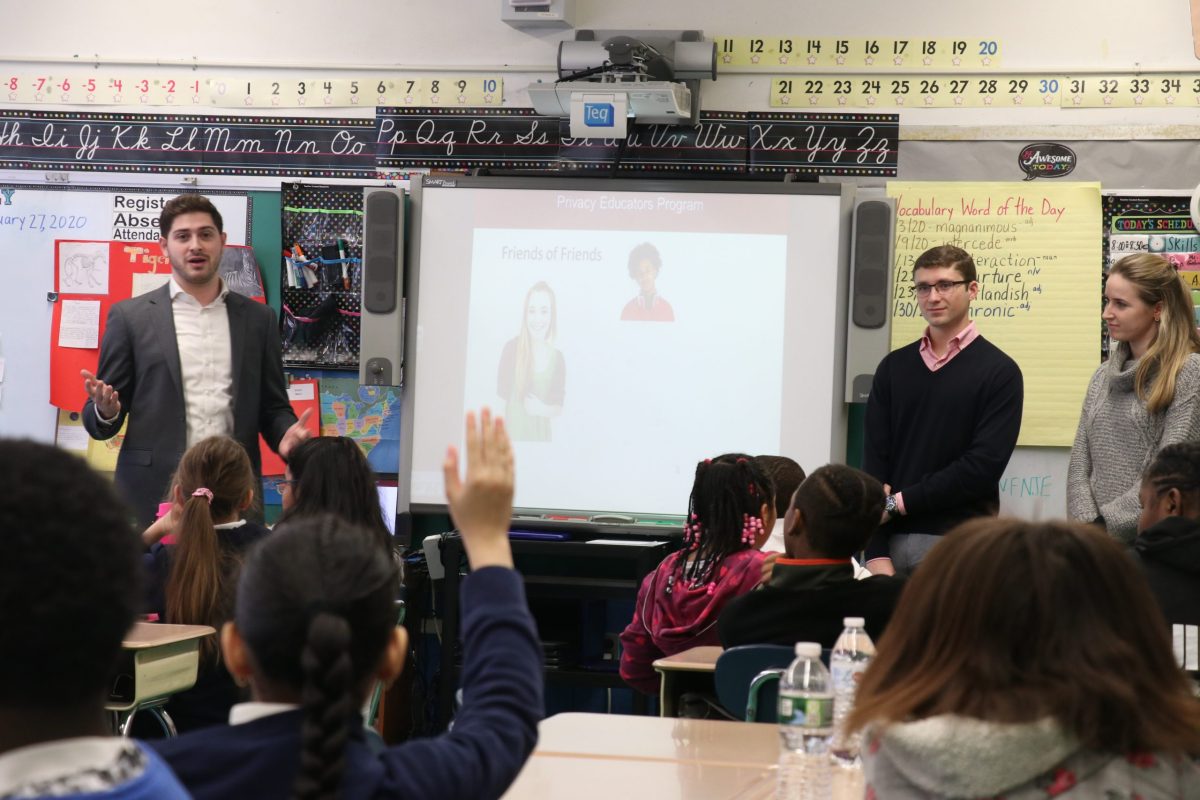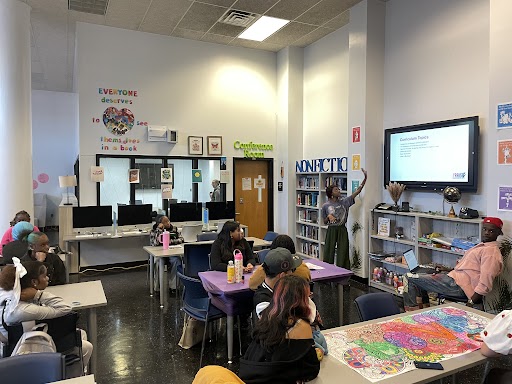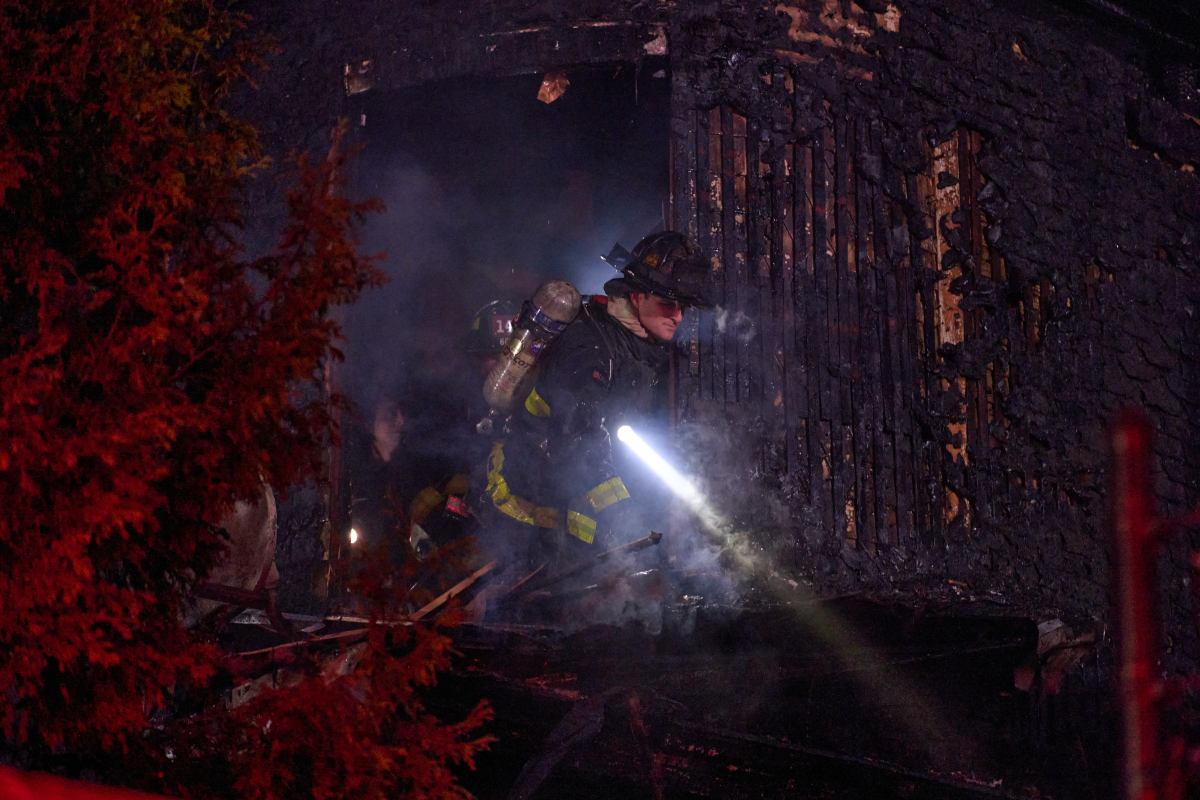A Harlem school is bringing in outside help to teach students how to be safe online especially while using TikTok, the Chinese video-sharing app that is the most popular social media platform among teens.
Over the last few weeks, students from Fordham University’s School of Law have stopped by P.S. 129 John H. Finley Campus School to teach kids how to access and set up the app’s privacy settings and the dangers of messaging with strangers. The 45-minute-long classes are part of a larger effort from the law school’s Center on Law and Information Policy (CLIP) to teach middle schoolers online safety.
Instructors of CLIP’s Privacy Educators Program also touch on the consequences of sexting, how to handle cyberbullies and when to notify an adult when a stranger contacts them. The eight-year-old program first began offering online safety classes to middle school students at the Harlem school in 2017 when more and more students started interacting via social media.
At first, Principal Odelphai Pierre thought that the use of social media platforms like Facebook among students and teachers was positive. Social media made it easier for kids to keep in touch outside of school and connected teachers to parents outside of the classroom. As cellphones became more commonplace, teachers at P.S. 129 started allowing students to bring devices to school. But problems started to arise as more technology made its way into classrooms.
“I had parents coming in and saying, ‘look what’s on my child’s cellphone, look at this message,” said Pierre. Some students were creating fake social media profiles and sending mean messages to classmates. Others were sending inappropriate text messages or just sharing too much personal information over the web.
According to Pierre, public school teachers are told by higher-ups to educate students about the dangers of online predators and online bullying. But there are no formal programs to address online safety in schools, so some resort to bringing in private help.
Pierre noticed an immediate difference in student’s online behavior once Fordham law student started conducting classes at P.S. 129. So CLIP began sending more law students to teach more students including some in elementary school grades. CLIP also conducts online safety classes at P.S./I.S. 191 in the Upper West Side and has online resources for teachers on their website.
The program tries to keeps up to date with the newest social media platforms. According to CLIP Senior Fellow Andrea Flink, at the beginning of every school year, the program polls students to find out what platforms they are using. “We always find out about a new platform that we didn’t know about,” said Flink.
This is the first year that teachers are focusing heavily on TikTok. The app was installed over 738 million times in 2019, beating Facebook, Snapchat, YouTube. CLIP is not only interested in helping kids navigate TikTok because of its popularity, but also because of worries privacy and censorship. There was little video of last year’s protests in Hong Kong on the app and moderators are told to censor posts with some political themes.
“Even though TikTok is a social media platform like a lot of other social platforms, it has additional risks since it’s owned by a Chinese company,” said Flink.” We don’t know what is happening with these kid’s data.”
A recently published report from Check Point found that the app has vulnerabilities that make it easy for hackers to change content and reveal user’s personal information, The New York Times reported.




































